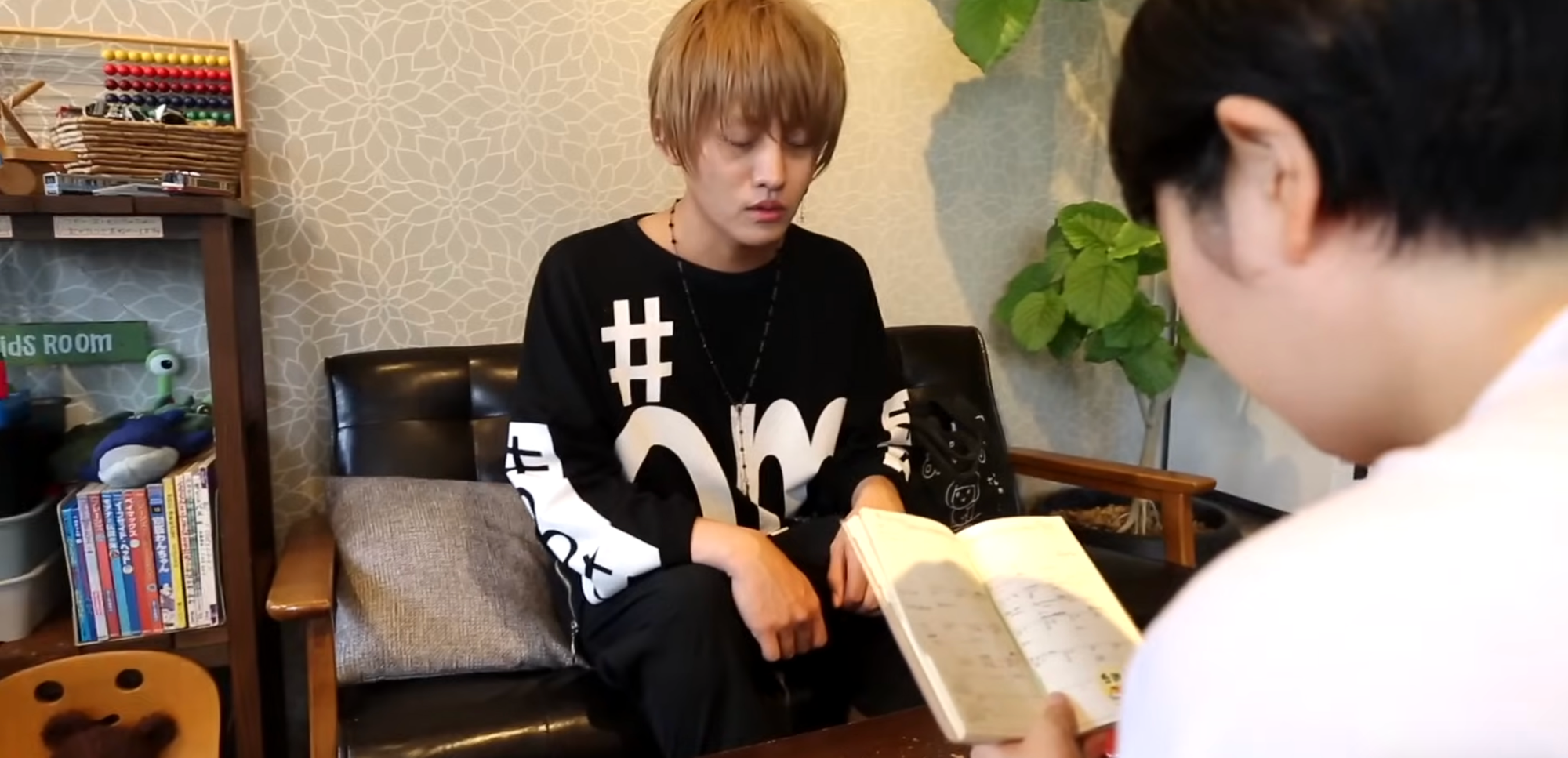
The Japanese have a word for severe social withdrawal: hikikomori.
It refers to people, usually men aged 18 to 35, who refuse to leave their homes, and often won't even leave their bedrooms. They do not socialize and they do not work or attend school. For an "official" diagnosis, the Hikikomori must do this consecutively for at least six months. However, many spend decades alone in their bedrooms, some even dying there, having isolated themselves until they're without friend or family.
One researcher compared its growing prevalence in Japan to homelessness in the US — Americans have millions of homeless, whereas Japan only has about ten thousand homeless. Yet, an estimated 500,000 to 1 million Japanese Hikikomori exist — and those are 2010 numbers.
France 24 English did a segment on it:
Rent-A-Sister
The phenomena has given birth to an industry of women for hire, known as Rent-a-Sisters. They are not social workers, nor are they professionally trained. They're paid (usually by the victim's parents) to visit the Hikikomori and talk with them. At the start, it's usually through the bedroom door, and over months or years becomes a face-to-face relationship. Eventually, it can lead to outdoor accompaniment, and, hopefully, cause the afflicted to move out on their own and start a normal life.
I found the topic rather interesting and it checked my Unorthodox Work box.
Amelia Hemphill has a BBC short on the Hikikomori and the Rent-A-Sisters program:
More Info
There is more info on the Hikikomori Wikipedia page: and an entry on Psychology Today. Some former Hikikomori even have a magazine, HikiPos.
For an even deeper dive, there's Saito Tamaki's book, Hikikomori: Adolescence Without End, which was the publication to first bring the phenomena to a wider audience within Japan.
